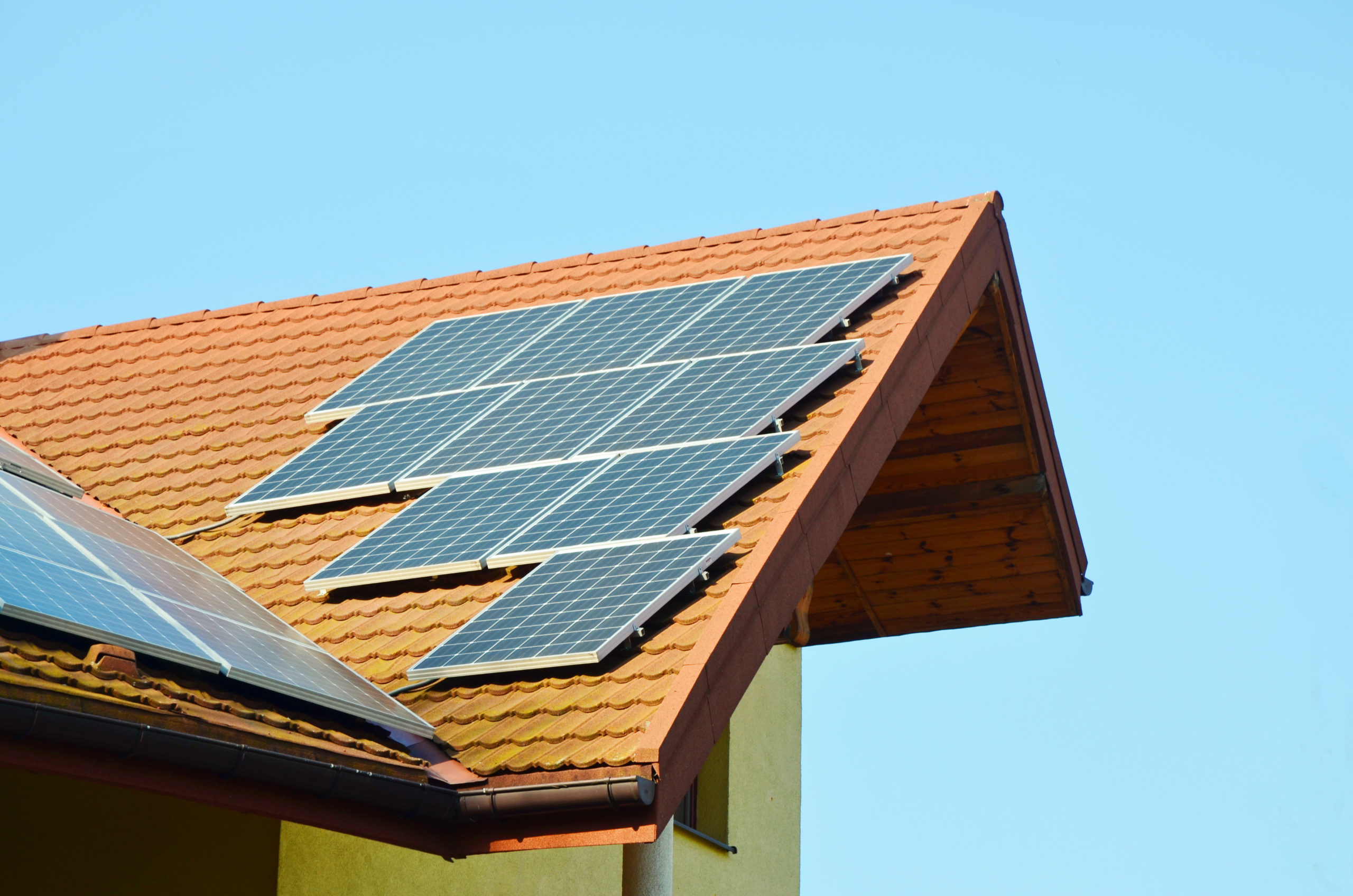More and more homeowners and small businesses are utilizing solar panels as a way to reduce their carbon footprint and save money on their utility bills. Before you install a solar energy setup at your home or business, it’s important to understand how solar efficiency is measured and how solar panels are assigned a power rating. Once you learn how solar panels are rated, you can make a more informed decision about your own solar energy solution.
Understanding Solar Efficiency
Solar efficiency can be defined as the amount of the sun’s energy that is converted to electricity by a solar panel. The efficiency of solar hardware has increased significantly in recent years. As recently as 2012, a typical solar cell could convert about 15 percent of the energy it received from the sun into electricity. By 2018, the efficiency of the average solar cell rose to 18 percent with the most advanced cells reaching efficiency levels of 23 percent or more.
Power Output Ratings for Solar Panels
Solar panels are rated based on the amount of power they generate under specific test conditions. A solar panel’s power rating can be thought of as a function of a panel’s efficiency combined with its size. The output of a solar panel is measured in watts; this measurement represents the panel’s power output assuming optimal temperature and sunlight. Most residential solar panels available today have ratings that hover between 250 and 400 watts with an average power rating of 320 watts. The power rating of your solar panels will have a significant impact on the cost of your solar energy solution.
Understanding Ratings for Solar Panels
When you decide on a solar hardware setup for your home or business, it’s important to consider both the efficiency and the power output rating of your panels. Your choice of solar panels will also be impacted by the number of sunlight hours as well as the average ambient temperature in your area. Considering all of these factors will ensure that you choose the most efficient solar solution and maximize the return on your investment.
It’s clear that solar energy is a great way to “go green” and cut electricity costs; however, it’s important to choose the right solar panels for your needs, environment, and budget. Understanding the power rating of a typical solar panel will give you a good idea of how much electricity output you can expect from each panel and compare that to your own home or business’s overall power needs.







